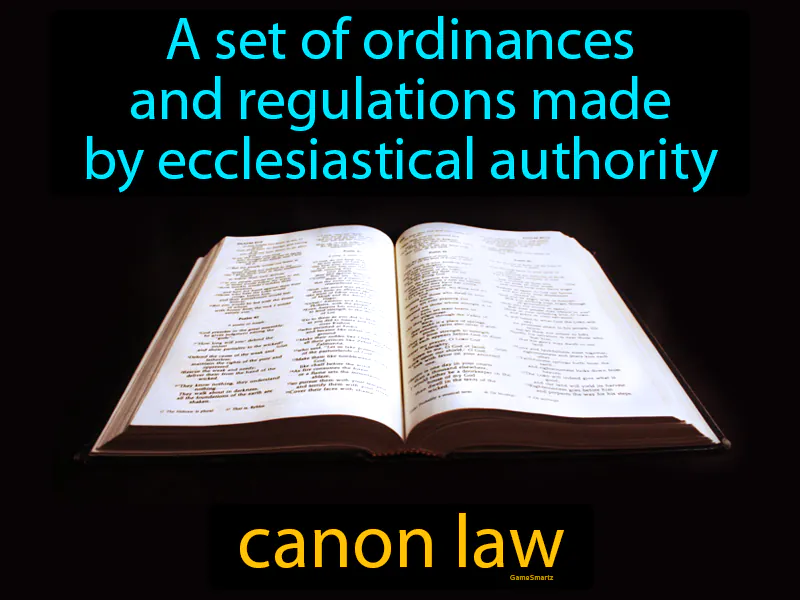Canon Law

Canon law was a crucial part of the church's influence in medieval Europe from 500-1300, as it governed the religious and moral conduct of the people. It responded to issues like marriage, clerical behavior, and church property, helping maintain order in a time when the church played a central role in daily life. Its importance lay in providing a unified set of rules that guided both religious and some aspects of secular life, often bridging gaps between local laws. Today, canon law still matters because it governs how the Roman Catholic Church operates, influencing decisions on issues like annulments and church leadership. For example, if someone seeks an annulment for a marriage within the Catholic Church, canon law provides the guidelines and processes for how that decision is made, affecting the lives of the individuals involved.
Practice Version

Canon Law: A set of ordinances and regulations made by ecclesiastical authority. Canon law. In simple terms, canon law is the set of rules and guidelines used by the Church to govern its members and operations throughout history.